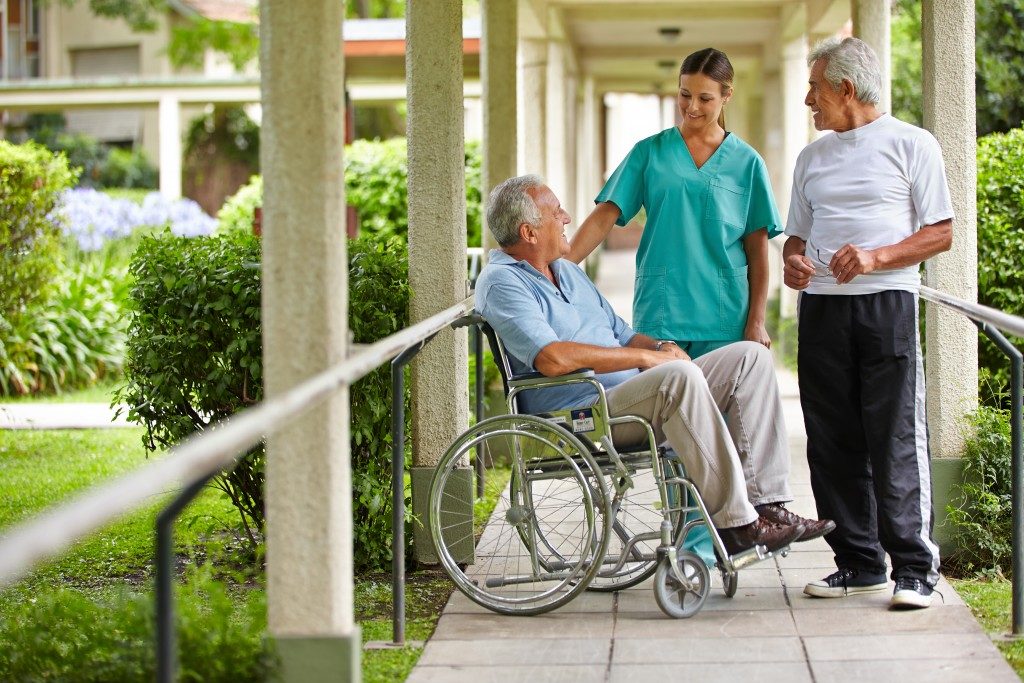When a loved one is suffering from a chronic obstructive pulmonary disease (COPD), one thing’s for certain: You have to be there to manage his or her condition. If you’re the primary caregiver, recognizing and understanding the degree of limitations that come with the disease and knowing how you could help is immensely crucial. This especially applies if your loved one has end-stage COPD.
COPD End-of-Life Issues
If your loved one’s death is imminent, you need to plan as soon as possible for end-of-life issues. End-of-life planning is hard on anyone, but particularly for people suffering from a debilitating chronic disease since you would need to consider getting additional help from a hospice home care provider in Indiana, for example. This is to ensure that you could care for your loved one and support him or her as best you could.
Managing End-Stage COPD Symptoms
Managing symptoms is among the most vital components of COPD end-of-life care since these symptoms would unfortunately steadily progress and worsen. COPD end-stage symptoms typically include increased pain, depression, anxiety, worsening of cough, anorexia, extreme confusion, as well as cachexia, which is a condition characterized by fatigue, muscle atrophy and weight loss.
In general, the best treatments for these symptoms are oxygen therapy, morphine and pulmonary rehabilitation, along with nutritional and psychological counseling, and if possible, exercise training. Managing these worsening symptoms should involve throughout evaluation and treatment with help from your loved one’s doctor, hospice team and palliative care team. While these approaches might not be able to boost longevity significantly, it could make a huge difference in your loved one’s quality of life.
 What to Do if Your Loved One Refuses to Eat
What to Do if Your Loved One Refuses to Eat
To ensure that your loved one is as nourished as possible, consider the following tips:
- Never force your loved one to eat if he or she doesn’t want to.
- Try offering your loved one food that you know he or she loves, even if they’re not exactly healthy. For instance, give your loved one cake if that’s what he or she wants to eat.
- Use ice chips or moisture swabs to help prevent oral conditions caused by dehydration.
- If your loved one agrees, consider enteral tube feeding.
Controlling Pain
This basically involves doing everything possible to ease your loved one’s discomfort and pain. Round-the-clock medication is a must to prevent a break in relief that occurs when the drug wears off or if you administered the drug too late.
Managing Depression and Anxiety
End-of-life could be an ideal time of reflection for your loved one and your family. It is, however, a time of immense pain and sadness. Stay close to your loved one as often as you can, even if just to listen and hold your loved one. Make certain to address your loved one’s spiritual or religious needs as well.
Yes, caring for a loved one with end-stage COPD is daunting, emotionally draining and challenging. But with the right tools and assistance, you could ensure that your loved one’s final days with you are as comfortable and pain-free as possible.
